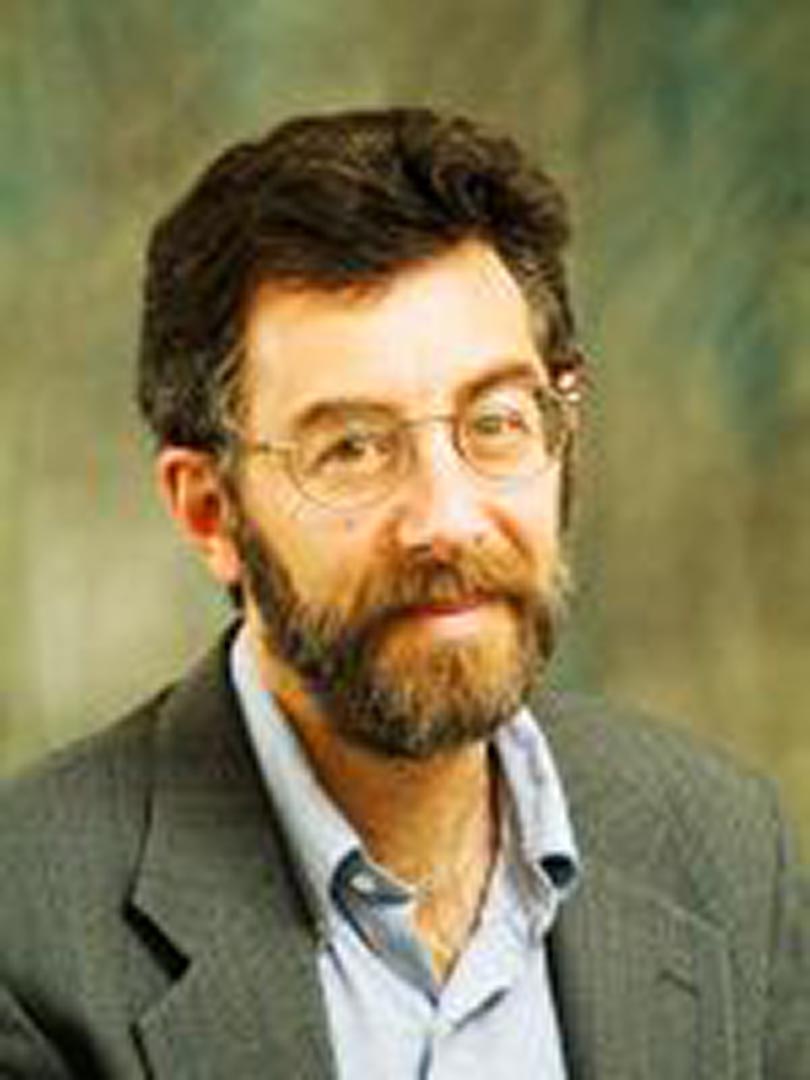In ‘Excellence’ Push, A&M Welcomes 9 New Research Fellows
February 06, 2014

Distinguished University Professor of English Robert Levine joins nine world-renowned fellows at the Texas A&M University Institute for Advanced Study.
By Reeve Hamilton, The New York Times.
Nine internationally renowned researchers from various fields will be welcomed on Friday as fellows of the Texas A&M University Institute for Advanced Study, part of a group that administrators have nicknamed the Genius Corps.
The term is a nod to the university’s storied Corps of Cadets, a student military organization that has largely defined campus culture since its founding in 1876. But it is also an indication of Texas A&M’s desire to transform itself into a destination for top research talent, women and men who can elevate the university’s academic profile.
“We’re about changing the way excellence is pursued at this university,” said John L. Junkins, a professor of aerospace engineering and the institute’s founding director. “It is 100 percent about people. It’s about having a strategy to bring people here.” (Texas A&M University and the Texas A&M University System are corporate sponsors of The Texas Tribune.)
The pre-eminent model for such a program is the Institute for Advanced Study in Princeton, N.J., which recruited Albert Einstein in 1933 and — as Dr. Junkins hopes to do with his fellows — maintained an affiliation with him for the rest of his life.
The latest inductees — the institute’s second class of fellows — include a Nobel laureate, a National Medal of Science recipient and a winner of the 2014 Wolf Prize in Agriculture.
Like the six inaugural fellows in the last academic year, they have agreed to spend time in College Station working on projects tailored to their interests that were initially suggested by rising stars among the A&M faculty. The institute provides their salary, housing and funding for two doctoral students to support their work.
One new A&M fellow, Robert S. Levine, an English professor at the University of Maryland and a general editor of the Norton Anthology of American Literature, said the program was like having a second department at his disposal. He said he had been impressed during recent visits by the engagement of A&M students.
To read more, click here.

